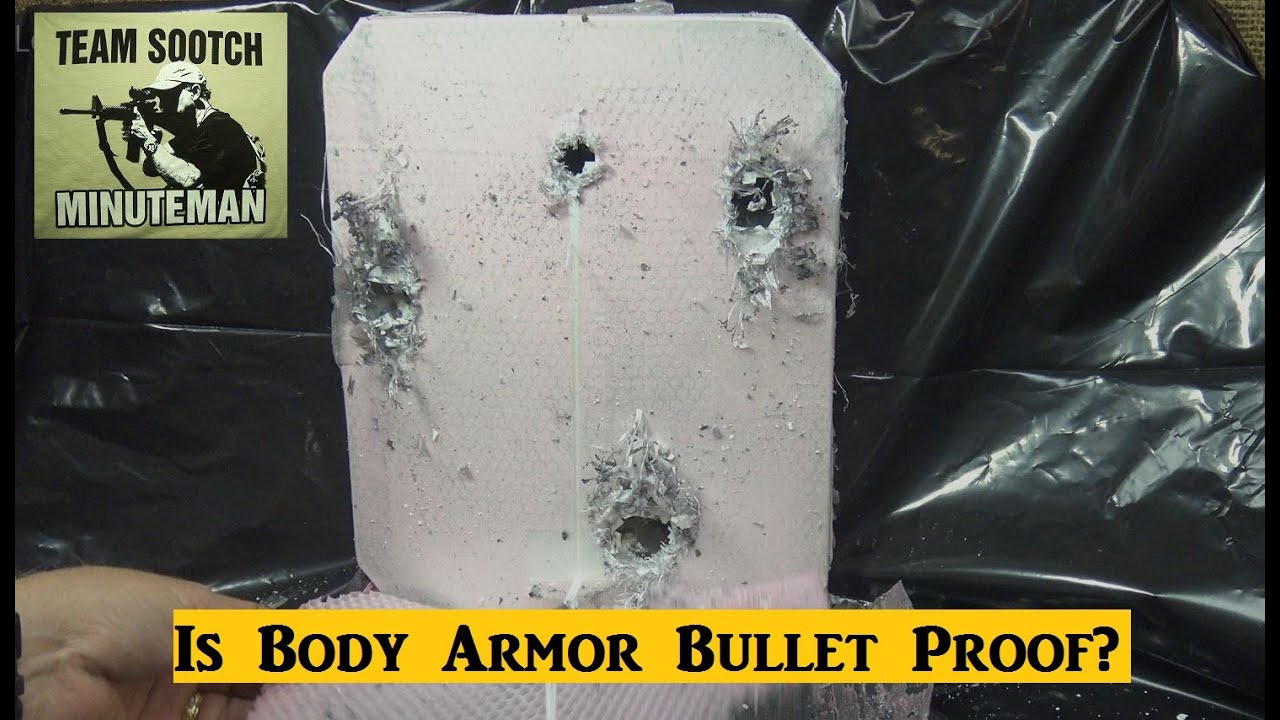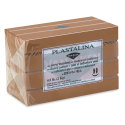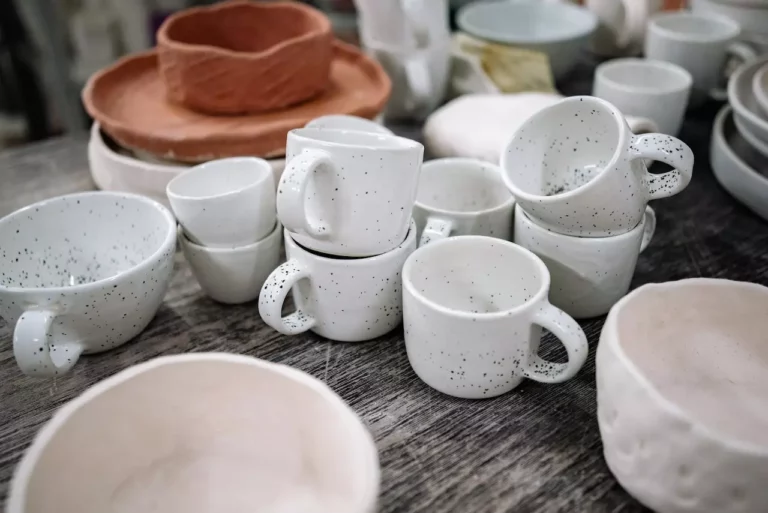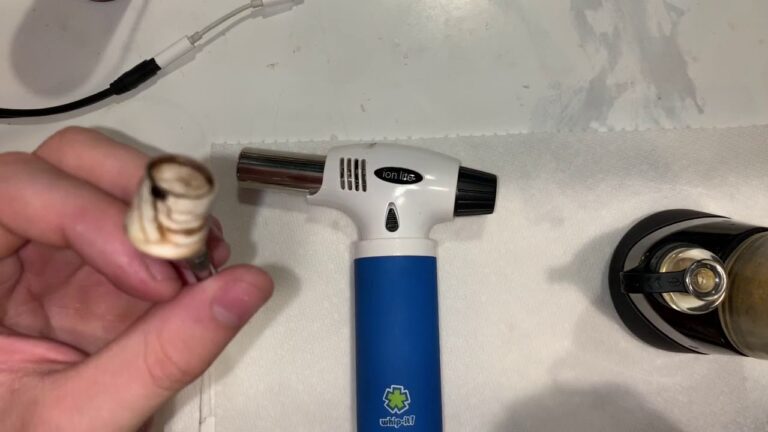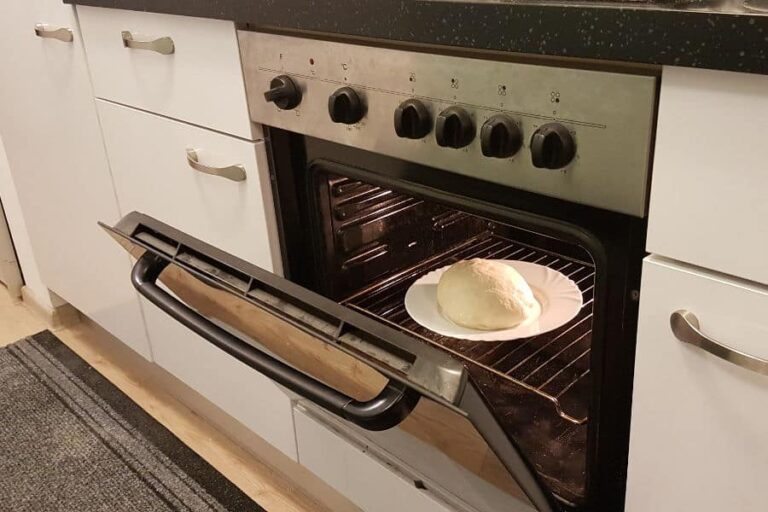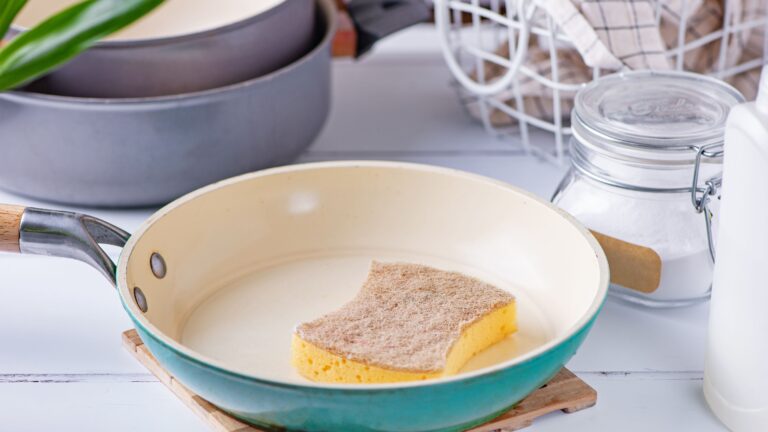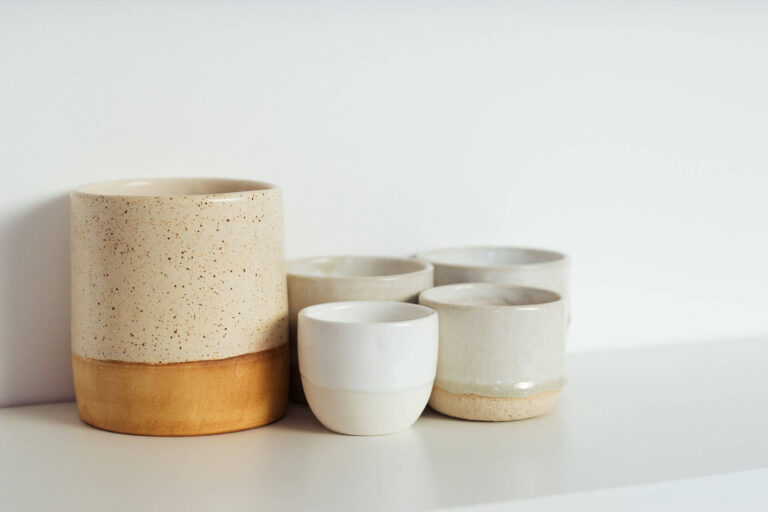How Does Ceramic Stop Bullets
Ceramic is often used in bulletproofing because it is strong and lightweight. It can stop bullets by absorbing their impact and dissipating their energy. Ceramics are also brittle, so they tend to shatter when hit by a bullet.
This helps to deflect the bullet’s path and prevent it from penetrating the material.
Ceramic is a strong, hard material that can withstand high temperatures. It’s used in everything from cookware to bulletproof vests. So how does it work to stop bullets?
When a bullet hits a ceramic plate, the impact shatters the plate. The shards of ceramic then lodge into the soft tissue of the person wearing the vest, causing serious injury or even death. While this may seem counterintuitive, it’s actually been shown to be more effective at stopping bullets than traditional metal plates.
The reason for this is that ceramic is much harder than lead, so it doesn’t deform when hit by a bullet like metal does. This means that the energy from the bullet is transferred into shattering the plate, rather than being absorbed by deforming the metal. This makes ceramic an ideal material for use in bulletproof vests and other body armor.
Is Ceramic Tile Bulletproof?
Can a Ceramic Tile Stop a Bullet?
Ceramic tiles are often used in construction because they are strong and durable. However, many people wonder if a ceramic tile can stop a bullet. The answer is yes, ceramic tiles can stop a bullet, but it depends on the type of tile and the thickness of the tile.
For example, a thin porcelain tile might shatter when hit by a bullet, while a thicker quarry tile would probably not shatter. In general, the thicker the tile, the better it will be at stopping a bullet. However, there are other factors to consider as well, such as the type of gun being used and the type of ammunition.
A handgun firing a small caliber round will not penetrate most types of ceramic tiles. But if you fired an AK-47 with armor-piercing rounds at ceramic tiles, those rounds would likely go right through them. It’s also important to remember that even if ceramic tiles can stop bullets, they can still break or crack when hit by one – so they’re not necessarily “bulletproof” in all cases.
What Makes Ceramic Bulletproof?
Ceramic is a hard, brittle material that is derived from non-metallic minerals. It has a high melting point and can withstand extremely high temperatures. Ceramic is also resistant to chemical attack and does not corrode easily.
Ceramic can be used to make bulletproof vests and other body armor. The ceramic plates are usually made of alumina or silicon carbide. These materials are very hard and can stop bullets from penetrating the body armor.
The ceramic plates are usually backed by metal or composite plates to further increase the protection provided by the body armor. Ceramic plates alone will provide some level of protection against small arms fire, but they are more effective when used in conjunction with other types of body armor.
How Many Rounds Can Ceramic Plates Stop?
Ceramic plates are often used in bulletproof vests and other ballistic protection gear. But how effective are they? Can they really stop a bullet?
It turns out that ceramic plates can indeed stop rounds from many small arms, including high-powered rifles. In tests, ceramic plates have been shown to be able to stop up to three rounds from an AK-47 before the plate itself is damaged. Of course, this depends on the quality of the plate and the exact ammunition being used.
So, if you’re looking for some extra protection and you happen to have a ceramic plate handy, it’s definitely worth using!
Is Ceramic Or Kevlar Better?
There is no easy answer when it comes to deciding whether ceramic or Kevlar is the better material. Both have their own unique set of benefits and drawbacks that need to be considered before making a decision.
Ceramic materials are typically harder and more brittle than Kevlar, but they offer superior resistance to heat and wear.
They also tend to be lighter in weight, which can be a major advantage in applications where weight is a concern. However, ceramics can be more difficult to work with and are often more expensive than Kevlar.
Kevlar, on the other hand, is softer and more flexible than ceramic materials.
This makes it easier to work with but also means that it isn’t as resistant to wear and tear. Kevlar is also heavier than ceramic materials, making it less ideal for applications where weight is an issue. However, Kevlar offers excellent resistance to impact forces and is significantly cheaper than most ceramics.
So, which material is better? It really depends on the specific application and what properties are most important for that particular use case. In general, though, ceramic materials tend to offer better performance overall but at a higher cost while Kevlar provides good performance at a lower price point.
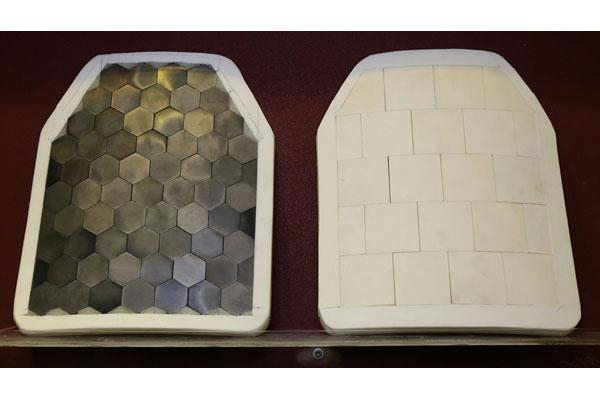
Credit: www.newtecharmor.com
Ceramic Bulletproof Plates
Ceramic bulletproof plates are one of the most effective ways to protect yourself from gunfire. When hit by a bullet, the ceramic plate absorbs the impact and stops the bullet from penetrating through to your body. The plates are usually made from a lightweight material like Kevlar or polyethylene, which makes them easy to carry around with you.
There are a few things to keep in mind if you’re considering purchasing ceramic bulletproof plates. First, make sure that the plates will fit snugly and securely in your vest or other type of clothing; otherwise they won’t do you much good. Second, remember that while ceramic plates can stop most bullets, they’re not 100% foolproof.
It’s always best to have multiple layers of protection (like wearing a Kevlar vest underneath your shirt). Finally, be aware that ceramic plates can be quite expensive; shop around and compare prices before making your purchase.
With the right precautions, ceramic bulletproof plates can give you an extra layer of protection against gun violence.
Conclusion
Ceramic is a material that has been used for centuries to make everything from pottery to armor. In recent years, it has also become a popular choice for making bulletproof plates.
So, how does ceramic stop bullets?
The answer lies in the fact that ceramic is extremely hard and brittle. When a bullet hits a ceramic plate, it shatters into tiny pieces. This means that the bullet’s energy is dissipated over a large area, making it much less likely to penetrate the body behind the plate.
Ceramic plates are also lighter than steel plates of comparable strength, making them easier to wear for long periods of time. And because they don’t rust or corrode like metal plates can, they require less maintenance over their lifetime.
